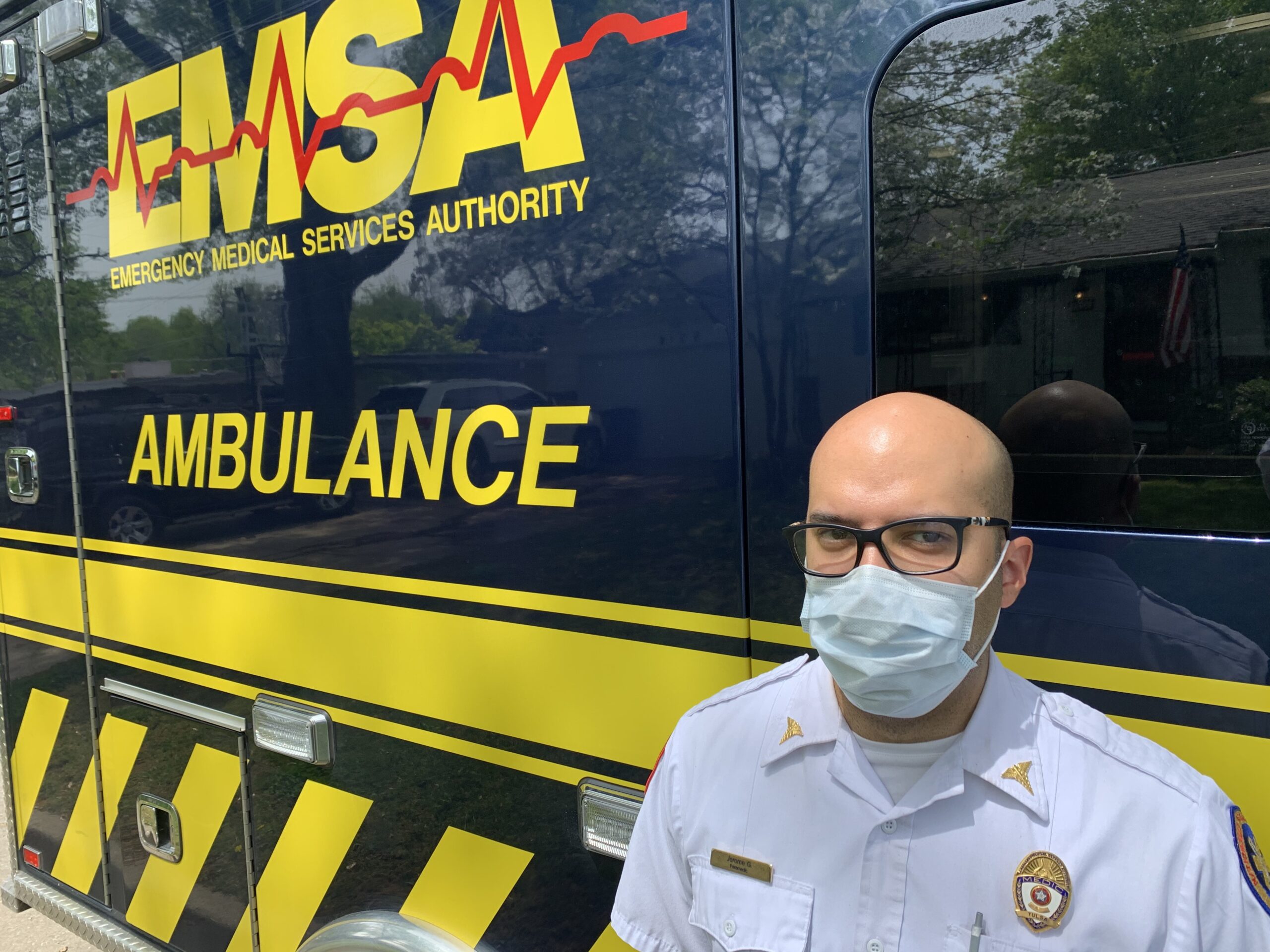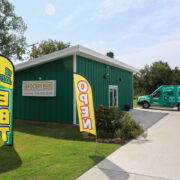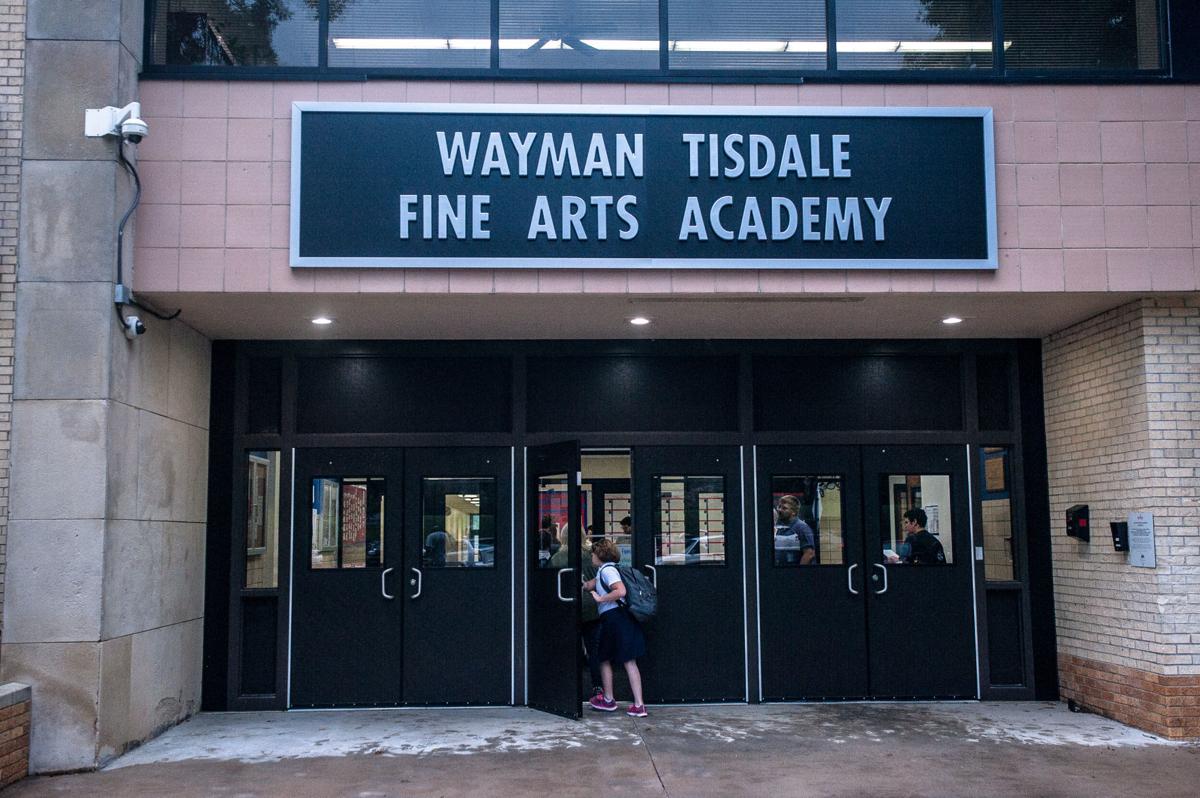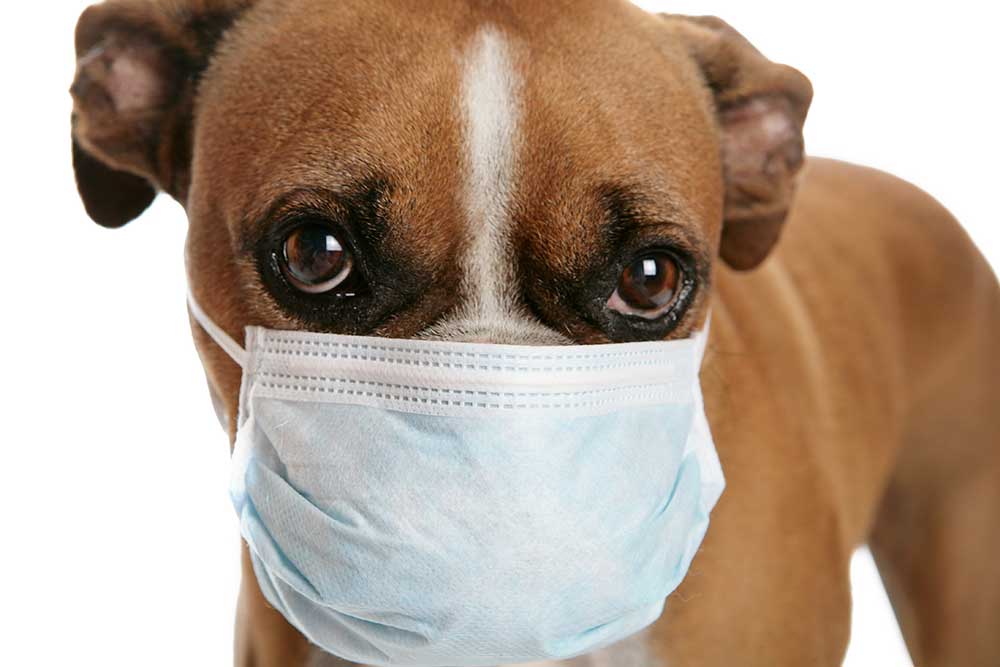
The Oklahoma Eagle Newswire
Jerome Gilley, EMSA Paramedic, 36-years-old. Paramedic at EMSA since 2017.
1- What’s your perception of the overall mood of the EMSA responders?
I personally do not feel that I can speak for the EMSA responders as a whole. I know we are all different. Personally, I feel that we are doing the best we can in this critical time. I feel that the majority of the medics have a type A personality and that the majority of medics at this current time are doing what they trained to do.
2- Do you treat every run as though it is a potential COVID case? What is the protocol and how is it different from more normal conditions?
I did not treat every call as a COVID case because every call is not a COVID case. I have changed my demeanor after some personal research and attempt to use my provided surgical mask depending if the call is time sensitive, such as a critical trauma.
3- When this started and through the process how did it shape your reality? How are you handling the reality that you could be exposed/infected with each new case?
When COVID initially started I had my concerns. I knew that without a doubt the EMS world and public servants would be affected. To what extent, I was unsure of. As an emergency responder I made peace a long time ago that I will be exposed to many of things that I’ll have to cope with.
4- How did your family take it knowing you were on the frontlines of a pandemic? How do you handle that with them? Are you having to isolate?
My family does worry about me but they are handling it well. My brother is a teacher, my sister-in-law is an RN in an ER, and her brother is a Police Officer. We are all located in Tulsa, so my family is accustomed to our profession and what we endure as public servants.
5- What’s the day like – what things are you seeing that we can’t see at home? (for example, human behavior)
I personally have noticed an increase in not necessarily medical calls, but an increase in domestic disputes and psychiatric calls.
6- Your own Mental health – how is it impacting you? What do you do for self-care – how are you taking care of yourself/ your mental, physical and spiritual?
How’s my mental health? I think it will be fine until it’s not. As far as taking care of myself I just purchased a home gym so I’m just waiting for that to arrive.
7- What is (are) the biggest challenge(s) that you do not face under normal conditions?
The challenges that I have been facing since the COVID pandemic are restricting human contact with friends, family, and loved ones.
8- From your point of view how have you personally been impacted?
I’ve personally been impacted from the limited contact w/ my family and friends. I do have a fear of spreading the virus inadvertently so I tend to think about that possibility a lot. I have a lot of family members that are not the healthiest so I stay away. It’s hard, but they understand.
9- What are you learning from this experience that may change the way you respond in the future?
I know that in the future, I will practice PPE a lot better.









